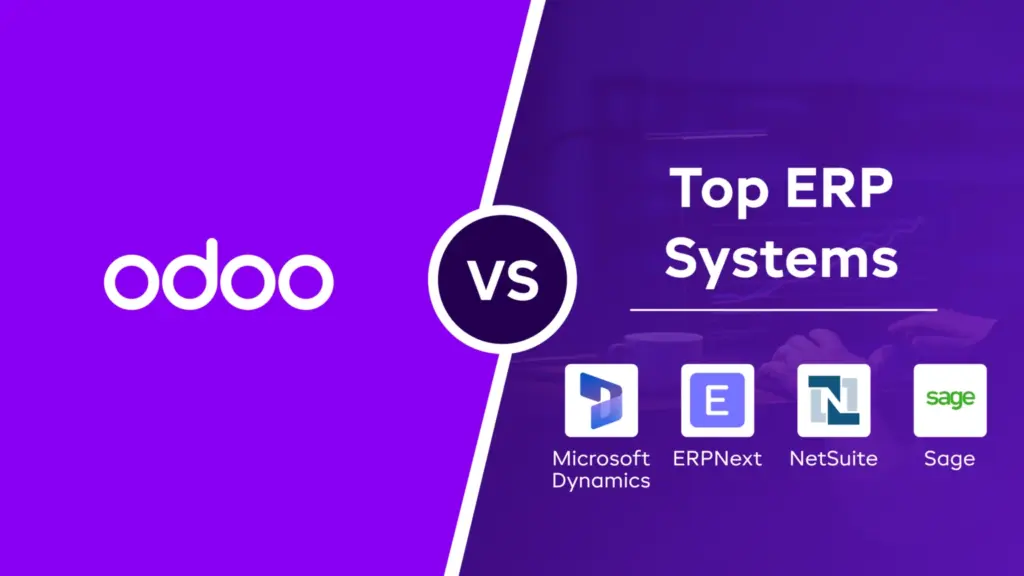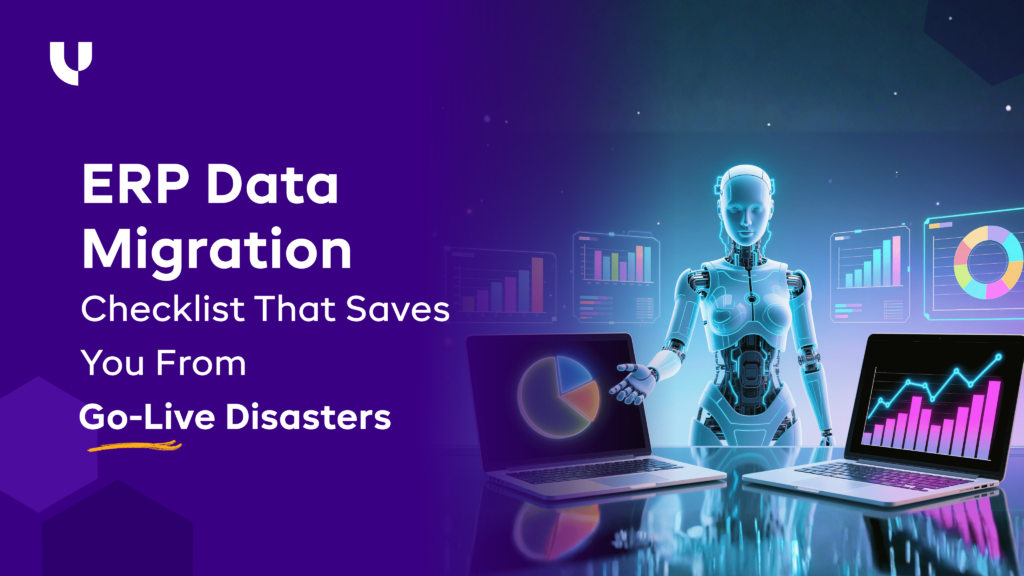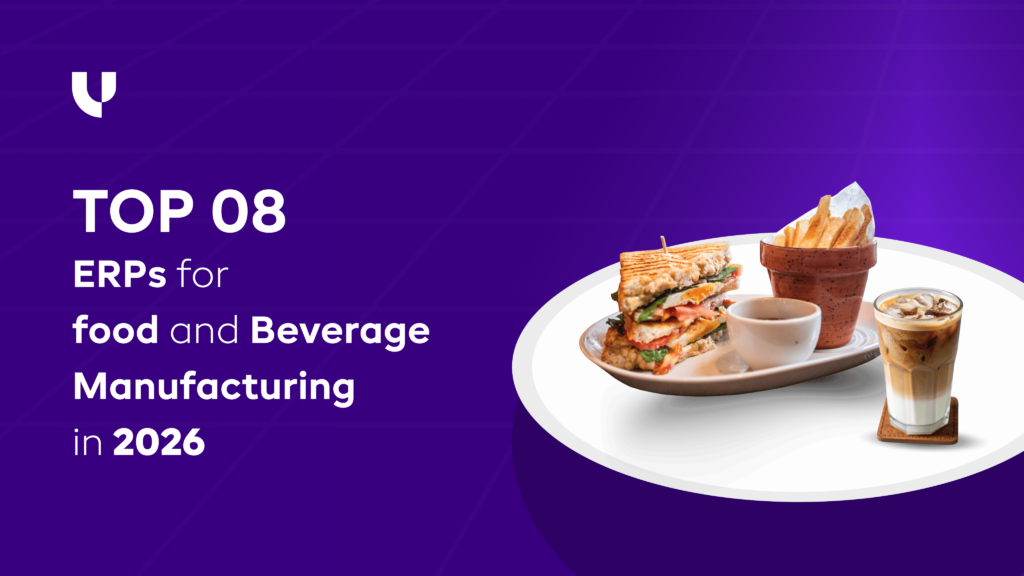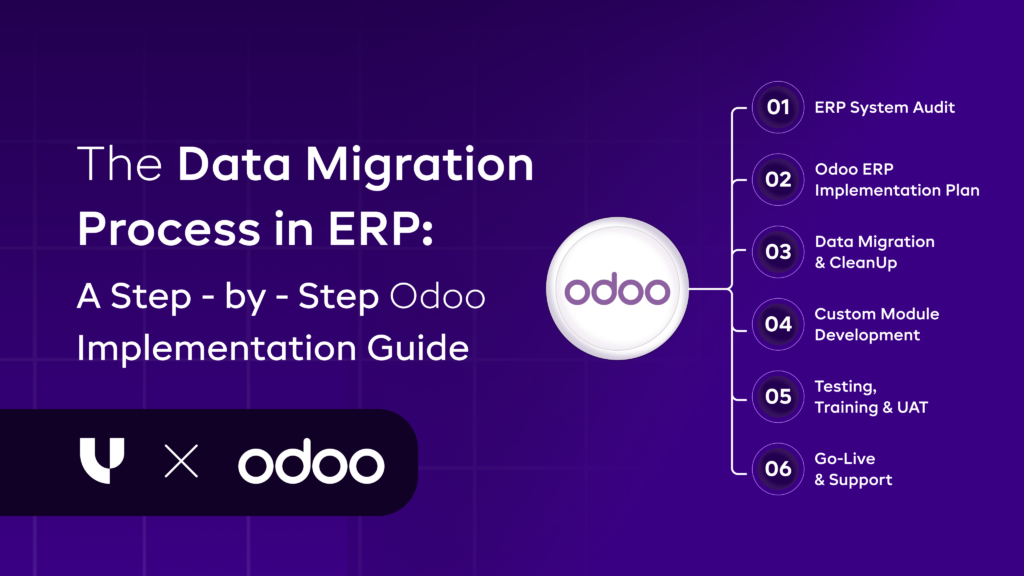Odoo Vs. Top ERP Systems: Microsoft Dynamics, ERPNext, NetSuite, & Sage
Published on June 23rd 2025

Introduction
The business-driven world is innovating at a steadfast pace. What worked yesterday may not work today or tomorrow.
Organizations today are continually adapting to new technology stacks, such as AI, cloud-based operations, and automation, to manage workflows, scale effectively, and optimize resources.
However, with numerous ERP technologies available, selecting the right one can make the difference between merely surviving and thriving.
Choosing between ERP players like Odoo, ERPNext, Netsuite, and Sage can help you decide what’s right for your business. Continue reading as we explore these ERP software systems in the following sections.
Role of ERP Software System in Today’s Scenario
An ERP system can automate activities to increase productivity, reduce costs, enhance overall efficiency, and improve customer satisfaction, ultimately resulting in a higher return on investment (ROI).
The types of ERP systems available include:
-
On-premise ERP system – You must install and host your servers when using an on-premise ERP system. It necessitates initial investments, as well as ongoing maintenance and modification.
- Cloud-based ERP system – Cloud-based ERP systems are hosted and maintained by a third-party cloud service provider (such as Google Cloud, Azure, or AWS). They are more adaptable, scalable, and economical.
Too Many Choices, Too Little Clarity
With so many ERP systems offering extensive functionality, flexibility, and value, you'll need help finding options that meet your specific needs. Small and medium-sized organizations (SMEs) seek scalable solutions that are cost-effective, whereas large enterprises require complex, industry-specific integrations.
Your ERP decision should be based on cost and the long-term impact on productivity and growth.
Introduction to Odoo ERP - What is it About?
Odoo is an open-source ERP (Enterprise Resource Planning) tool with a modular design. It provides a variety of applications for managing company activities, including manufacturing, finance, sales, inventory, human resources, purchasing, warehousing, retail, e-commerce, and point-of-sale (POS) operations. Odoo has two editions to suit your business, regardless of its type or size.
It contains two Odoo implementation solutions, namely:
Odoo Community
The Odoo Community version is an open-source platform with no license costs. You can download the Odoo Community version and get started.
Odoo Enterprise
The Odoo Enterprise edition is an upgraded version of the community edition that requires a license. The version enables you to conduct high-level changes and integrations to meet the business requirements of large companies.
-
One App Free - The package includes one free app. You may use additional applications from the Odoo store to create a custom solution for your company.
-
Standard - You get access to all of the Odoo store applications and may host them in Odoo Online. The pricing varies according to the number of users, area, and nation.
-
Custom - This package is ideal for organizations seeking extensive customization. The plan allows you to manage many firms using a single database.
Want to start a project with us?
Empowering businesses to achieve greatness through strategic guidance and innovative solutions.
Book A Demo
Odoo vs. other ERPs (SAP, NetSuite, and Dynamics 365)
So now that we have an understanding of what Odoo is about, let’s take a closer look at the different alternatives present in the platform:
SAP
SAP, or Systems, Applications, and Products, is an ERP system owned by SAP AG. It is intended for major organizations that require extensive functionality to handle large-scale operations and complicated project management, such as manufacturing, retailing, and banking. SAP provides a range of ERP solutions, including SAP S/HANA, SAP Business One, and SAP Business ByDesign.
NetSuite
It is a cloud-based ERP software that helps organizations manage various aspects of their operations, including inventory, accounting, and CRM, among others.
Microsoft Dynamics 365
It is a comprehensive CRM and ERP package. It is a comprehensive solution for streamlining and optimizing your business operations. It offers a range of ERP systems, including Microsoft GP, Microsoft 365 Finance and Operations, and Microsoft Dynamics 365 Business Central.
Odoo Vs Dynamics 365, SAP, & NetSuite
Clear with the different ERP options available in the market? Let’s deep dive to get a clear idea about these ERPs based on specific performance parameters.
To streamline your ERP selection process, consider referencing our ERP Success Playbook.Following this approach helps businesses focus on core modules first, reducing complexity and improving implementation efficiency.
Target audience
Odoo ERP is suitable for a wide range of small and medium-sized organizations. It is both adaptable and scalable, making it ideal for startups as well as small and medium-sized businesses.
On the contrary, Microsoft Dynamics, SAP, and NetSuite provide solutions for both small and large businesses. Unlike NetSuite or SAP, Odoo offers ideal paid packages that are priced based on the number of users and requirements. Microsoft Dynamics provides on-premises ERP solutions at low prices for enterprises that want to host their own ERP.
Odoo Costing
Odoo offers two editions: Enterprise and Community.
Odoo’s Community version is an open-source platform, but the Odoo Enterprise edition offers optimal product pricing, making it the ideal option for your organization. Microsoft Dynamics, SAP, and NetSuite are more complex and pricey.
Customizability
Odoo's modular architecture makes it an extremely versatile platform. The platform features several modules that can be combined to facilitate various business processes.
On the contrary, Microsoft Dynamics 365, NetSuite, and SAP have limited customization options and need technical skills to implement
Functionality
Odoo offers a comprehensive suite of features and functionality for managing various corporate activities, including CRM, accounting, reporting, and analytics. It also includes capabilities such as a website builder, Odoo Studio, email marketing, and social networking.
In contrast, Microsoft Dynamics, SAP, and Netsuite provide similar functionalities. They specialize in supply chain management, human resource management, and e-commerce.
Odoo Vs. Top ERP Systems - Tabular Presentation
| Criteria | Odoo | Microsoft Dynamics 365 | SAP | NetSuite |
|---|---|---|---|---|
| Modular Design | Very Modular, Flexible | Modular, Flexible | Integrated | Integrated |
| Deployment | On-Premise or Cloud | On-Premise or Cloud | On-Premise or Cloud | Cloud |
| Innovation Frequency | Very frequent updates | Very frequent updates | Few updates | Frequent updates than SAP |
| Implementation Time | Within Days or Weeks | Within a few months | Within Months or Years | Within a few months |
Why SMEs Should Choose Odoo?
Now that we have a clear understanding of why Odoo ERP implementation stands out, let’s check out why it’s the go-to choice for SMEs:
Scalability
Odoo is a very scalable platform. Its modular construction allows you to install as many modules as necessary to meet your business objectives. You can just pick and pay for the modules required to run the business. You can scale your business up or down as needed.
Customizations
The platform is adaptable enough to meet your specific company requirements. It enables you to create basic to complicated adaptations to fulfill business requirements. Customization is required for complex activities such as manufacturing and warehousing.
Odoo provides an integrated platform that lets you manage and track your business activities from a single screen. It also features a single database that enables seamless data exchange across departments, including inventory, sales, marketing, warehousing, and production.
Open-source
Odoo is open-source and does not require any license costs. It enables intricate modifications and large-scale community growth while also giving a wide range of add-on support. The platform also offers a licensed version, which is more advanced than the Odoo community edition.
Conclusion
When compared to competing ERP solutions, such as Dynamics 365, SAP, and NetSuite, Odoo stands out as a more cost-effective, scalable, and configurable option.
The platform can be customized to meet the specific needs of small and medium-sized businesses (SMEs). If you are an SME seeking Odoo implementation, please contact us to explore how we may help you.
Uncanny Consulting LLP is an Odoo ERP implementation company that can assist you with installing, customizing, integrating, and migrating Odoo into your organization.

About Author


